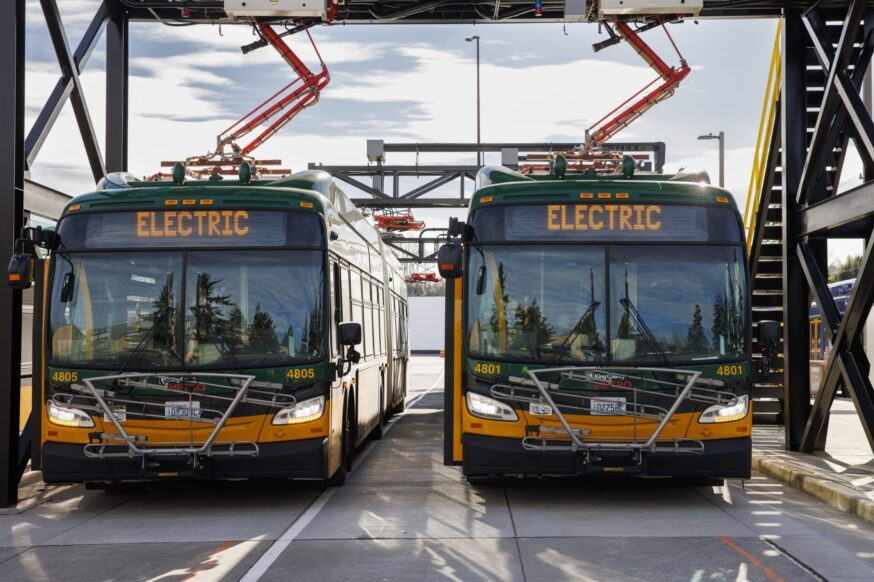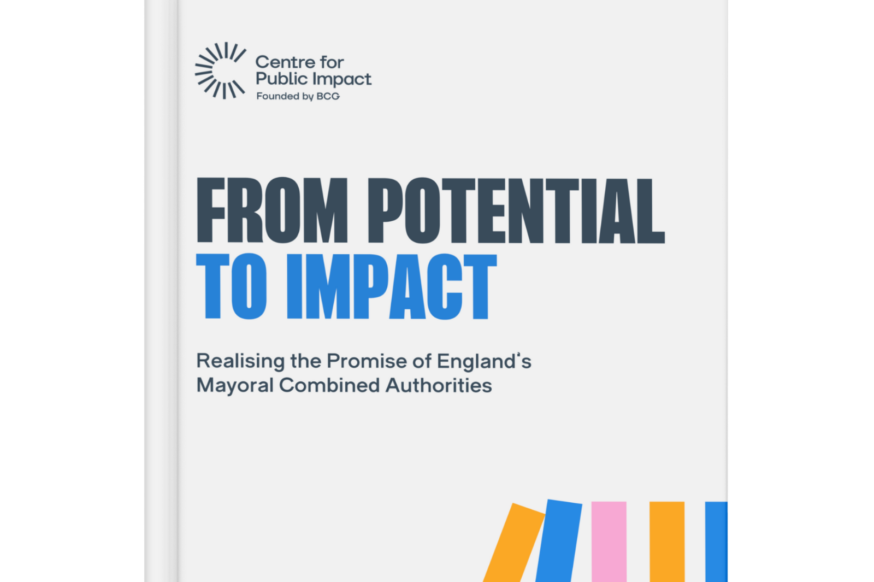What we learned about building better listening into everyday public services, the huge benefits that this can bring to both the services and the people who use them, and key questions that those in government who want to listen to the seldom heard should be asking.
Good listening is more important than ever
The Covid-19 pandemic continues to create unprecedented challenges for everyone across the UK. People experiencing multiple disadvantages such as poverty, homelessness, domestic abuse, addiction, sexual exploitation, and involvement in the criminal justice system, are some of those most affected by the pandemic, yet their voices are typically seldom heard in decisions that materially affect their lives.
Listening to one another and understanding everyone’s different experiences has been crucial in national conversations about social distancing measures and vaccine uptake. However, people experiencing multiple disadvantages struggled and continue to struggle to get their voices heard in these public debates. Even so, these groups are listening to each other, sharing their stories, and developing their own solutions. It is crucial that those in government, public services and civil society improve how we listen to and learn from these individuals, so that we can work together more effectively to recover from the pandemic and rebuild a more equal society that serves everybody.

We knew we had to do things differently
In the summer of 2020, we embarked on a journey to learn how to listen, casting aside all our previous assumptions about what ‘good’ listening looked like.
We spoke to 90 people experiencing multiple disadvantages, who are in contact with Changing Lives across Northeastern England.
We realised these groups could easily be missed out of vital conversations about how best to manage this pandemic and rebuild our communities. Through this work, we realised that trusting relationships, having choice over how listening took place, and making a difference, were all crucially important to this group and formed the basis of what they saw as key requirements for good listening.
“Listening is a powerful tool for change and it would be foolish to discount it.”
Listening project participant
But what does this mean for listening in public services?
Working with Changing Lives and funded by the National Lottery Community Fund, we conducted a second phase of listening from October 2020 to April 2021, and made use of collective sense-making to understand the emerging themes.
This time we wanted to understand more about good listening, who listened well and what made this a positive experience, who didn’t and what was needed to enable better listening.
We also spoke with Changing Lives staff to understand their perspectives on listening, what role it played in their work, and what they felt got in the way of being able to listen to the people they supported in their services.
Our key findings were:
People felt most listened to at the level of their community
As we moved from this very immediate space to statutory services, local government and national governmnet, people felt less and less listened to.
The best listening can come from support workers and peer supporters
Participants often felt that the best listening came from people who had “walked in their shoes”, demonstrated empathy, and challenged in a supportive way.
An urgent need for more mental health support was felt by many
Participants observed that authorities were relatively effective at meeting physical needs — for example, by providing food packages — or addressing physical problems through GP surgeries and other NHS resources, and there needed to be something equally effective in place for mental health.

Download our second report
Underpinning all of this was the message that government and public services must prioritise ongoing and genuine listening to seldom heard groups if we are to build back effectively from the pandemic.
The implications of these findings are wide-ranging. When seeking views from different seldom heard groups, how often do government and public services recognise the crucial listening role that support workers and peers supporters can play? How well are different government actors and public service professionals able to reach across organisational silos to listen to people and address their concerns holistically? Is government doing enough to listen to people and understand their emerging needs before they reach a crisis level?
Our second report highlights key questions for government, professionals, and civil society to ask themselves when considering how to build listening into how public and voluntary services are designed and delivered, and how to better learn from and respond to what is heard.
Where we want to go next
We do not believe this journey is over, in many ways it is just beginning. These are some questions that we are keen to explore further:
- How can we make listening and sense-making sessions more inclusive to strengthen the voices of a wider range of seldom heard groups?
- How can we build deep listening and sense-making into standard practice in different organisations, in a way that connects with key decision and policymakers to ensure the organisation is able to respond to what has been heard?
- How can we break down silos between different public and community services, to support good and trusted listeners to listen more holistically to seldom heard groups, and to respond effectively to a wider range of issues?
Only by hearing all voices can government truly have a positive public impact for people everywhere. Collectively, we can and must build back a Britain that enables everyone to thrive.
Learning to listen again
The Centre for Public Impact UK and Changing Lives are committed to facilitating better listening across the nation, but are aware that listening and creating safe spaces are challenging. We hope that our new report will serve as a conversation starter to anyone wanting to listen to people with complex challenges.


